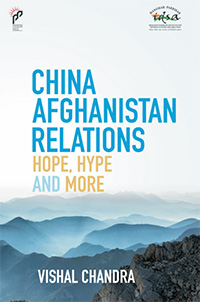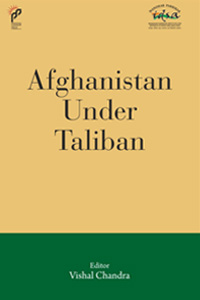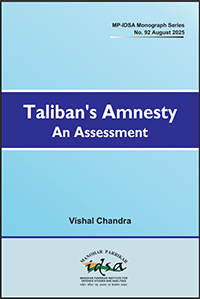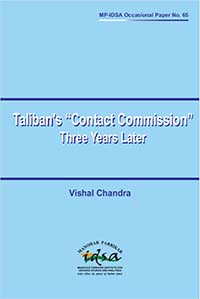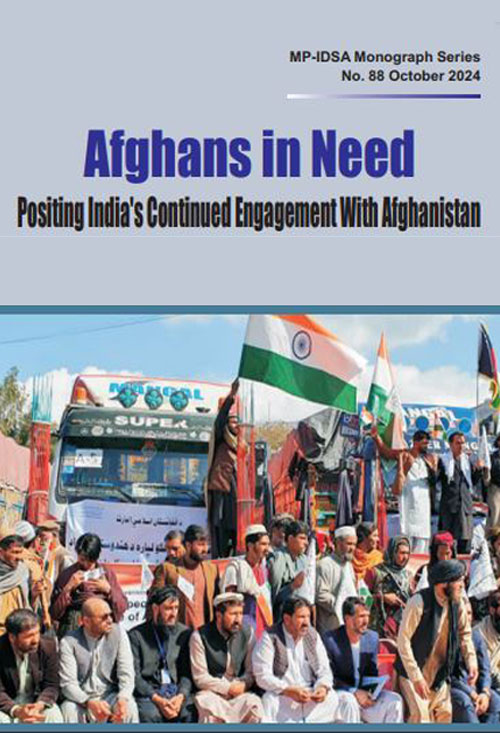China–Afghanistan Relations: Hope, Hype and More
- Publisher: Pentagon Press
China has been a part of the Afghan maze, but landlocked Afghanistan seemed to have factored either marginally or episodically in its geopolitical quests in the past decades. While the role of certain regional actors in Afghanistan has been far widely debated and analysed, China’s role, particularly the nature and scope of its bilateral interactions and engagements with various Afghan regimes in Kabul, from Zahir Shah to the Taliban, has remained comparatively understudied. This book is a modest effort in that direction.
- ISBN: 978-81-991162-4-5,
- Price: ₹ 1295/-
- E-copy available
- Vishal Chandra |
- 2025 |



